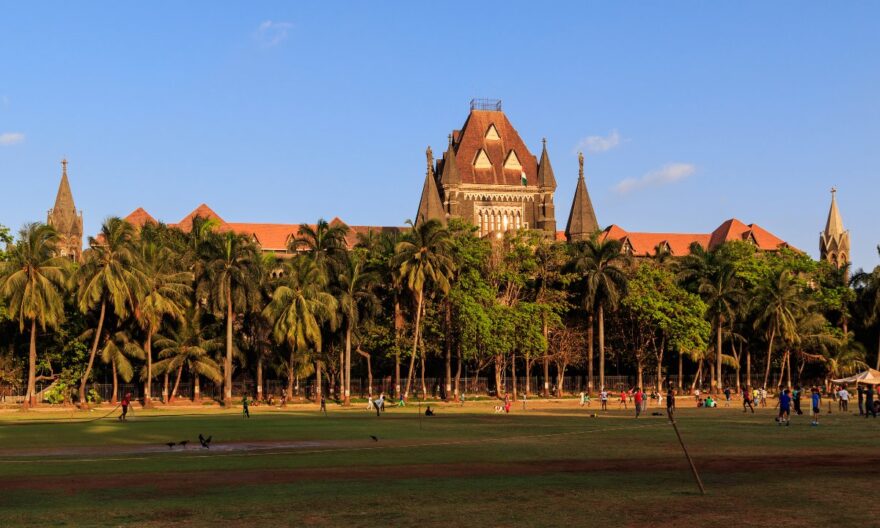
The Aurangabad bench of the Bombay High Court has refused permission to a 17-year-old girl to abort her 24-week pregnancy.
The bench stated that “When a live child is going to be born even today, we might as well let the child be born after 15 weeks, and if the petitioner desires to give away the child to an orphanage, she shall have the liberty of doing so.”
The bench of Justices Ravindra Ghuge and YG Khobragade presided over a petition filed by a girl who was 17 years old at the time of the alleged offense and turned 18 on July 29, 2023. The petition, filed by her mother, sought permission for the termination of the pregnancy, asserting that the girl was a child as defined under the provisions of the POCSO.
The bench observed that the girl had been involved in a consensual relationship with the boy since December 2022. They were engaged in physical relations on multiple occasions, and in February of the current year, the girl herself confirmed her pregnancy using a pregnancy kit.
The court stated, “Therefore, it appears that the petitioner victim is not innocent, and she was having full maturity of understanding. If the petitioner was not interested in carrying on the pregnancy, she could have sought permission for termination soon after confirmation of the pregnancy.”
According to the Medical Termination of Pregnancy Act, court permission is required to terminate a pregnancy beyond 20 weeks if it is found to pose a threat to the life or health of the mother or the child.
Further, the petitioner claimed that the pregnancy would cause severe mental harm to her, as she aspired to pursue a future career as a doctor.
Prior to pronouncing the order, the court recommended medical board to examine the girl. The report concluded that there were no fetal anomalies, and the growth was proceeding normally. The medical board opined that if the pregnancy was aborted at this stage, the child born would show signs of life but would lack the capability of independent survival.
Further, the bench stated, “If a baby is born alive even after forcible delivery considering the request of the mother to terminate the pregnancy, then it would lead to an under-developed child with chances of deformities.”
On the other hand, if the baby was delivered at full term, there would be no deformity, and the prospects of adoption would brighten.
The bench added, “In the backdrop of the girl having accompanied her friend and having had physical relations with him for a couple of weeks until they were apprehended, we are of the view that the future health of the child as well as its physical and mental development needs to be considered at this stage.”




